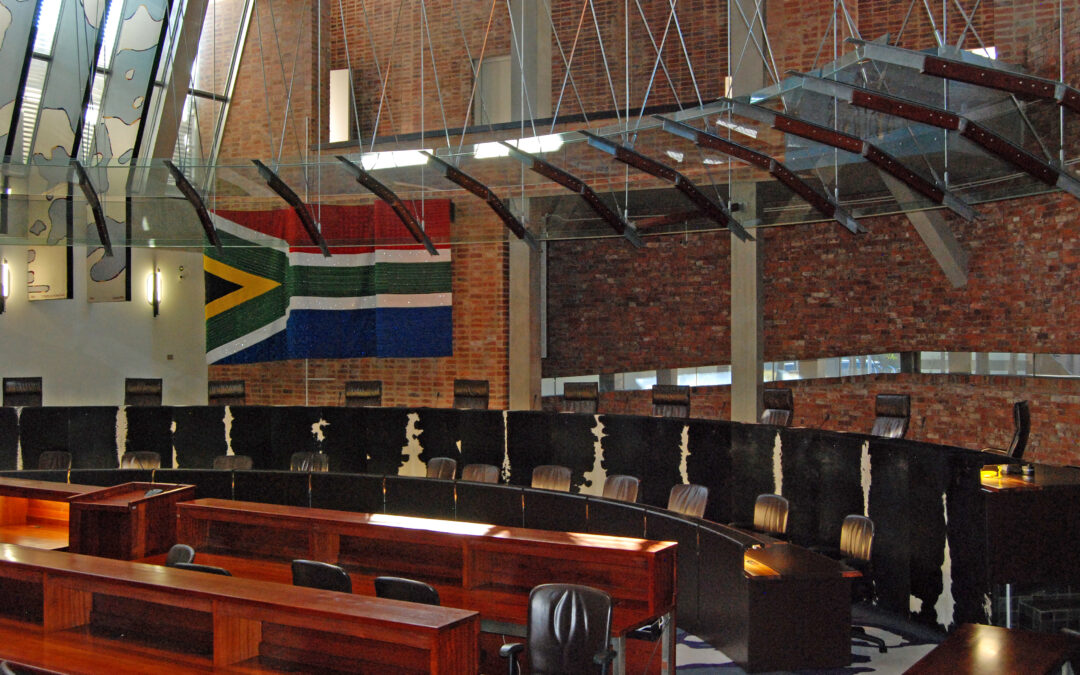

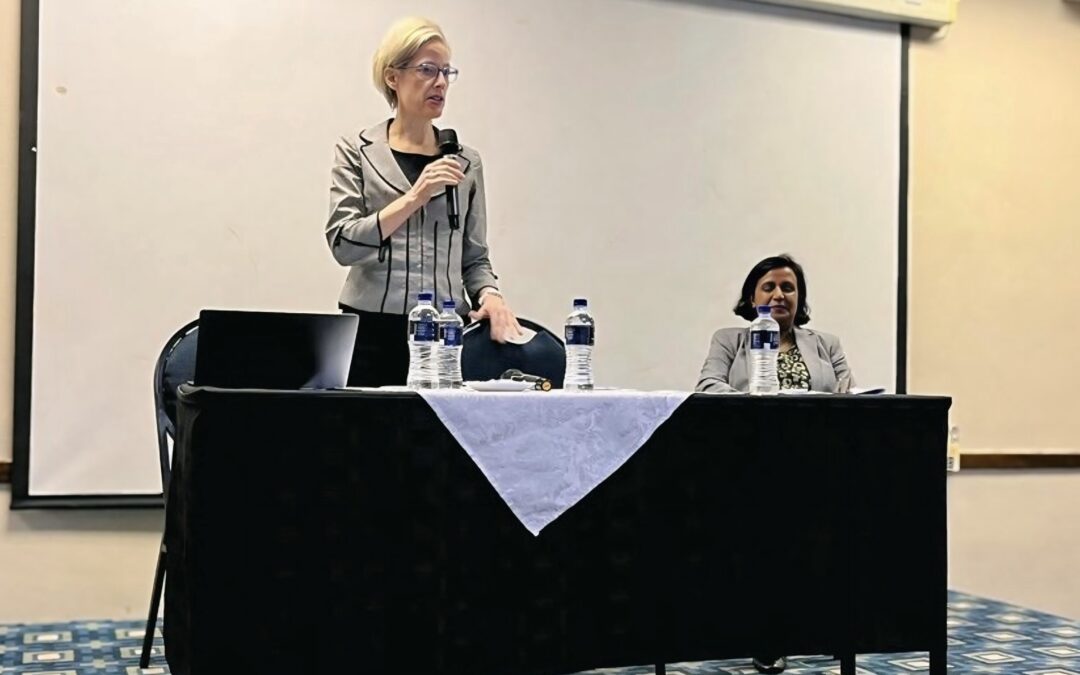
Eswatini: In the face of ongoing repression of the legal profession, lawyers raise concerns with UN Special Rapporteur on the Independence of Judges and Lawyers
The Special Rapporteur on the Independence of Judges and Lawyers emphasized the fundamental importance of the independence of judges and lawyers in the protection of human rights and the rule of law. In a social media post issued on 13 April 2025 after meeting...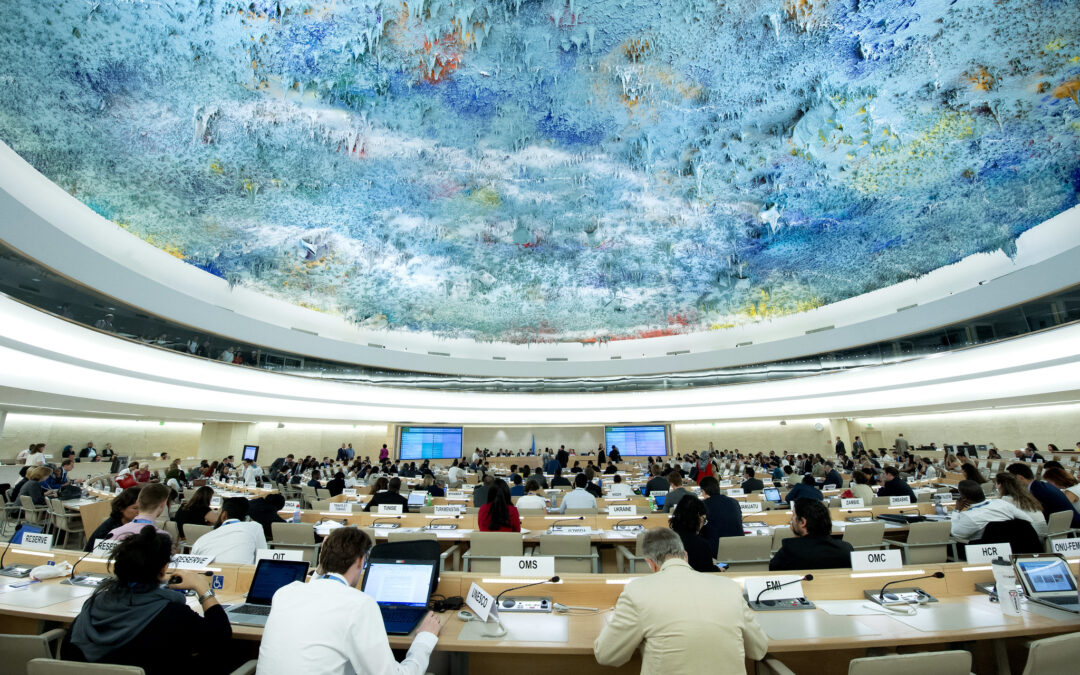
HRC58: ICJ statement on the human rights situation in Eswatini, Myanmar and Afghanistan
United Nations Human Rights Council 58th Regular Session Agenda Item 4 Oral statement of the International Commission of Jurists (ICJ) in the General Debate on Item 4 Mr. President, The International Commission of Jurists (ICJ) calls for more robust action by States...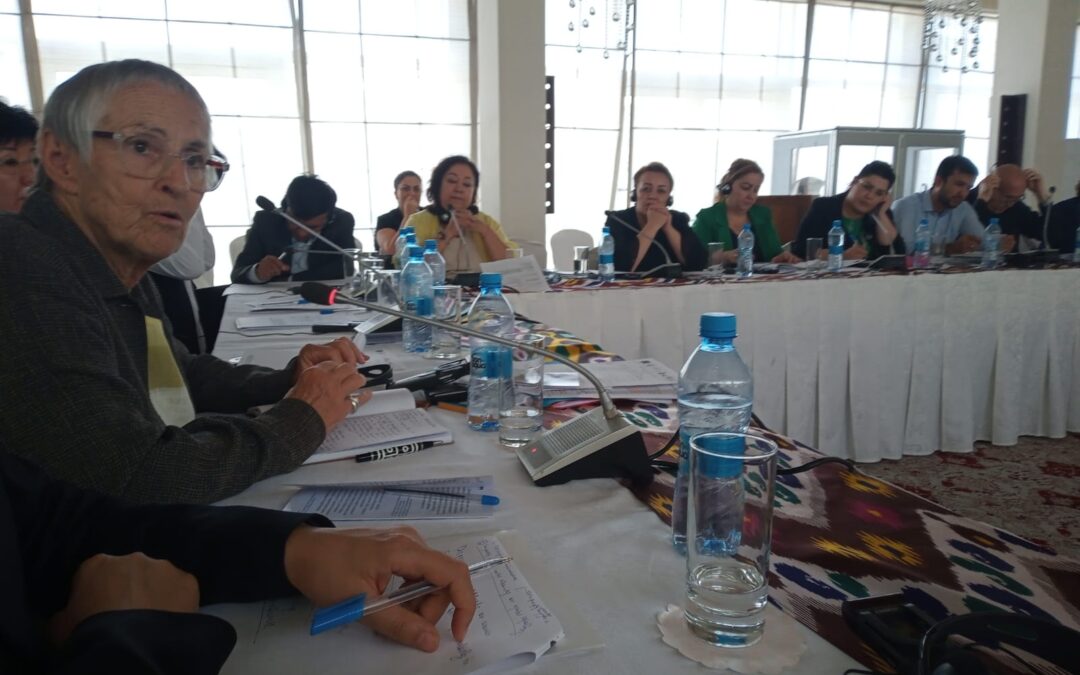
Access to justice for survivors of gender-based violence: a word with ICJ Commissioner Patricia Schulz
From 16 to 19 September 2024, the International Commission of Jurists (ICJ) conducted a mission to Tajikistan, focusing on improving access to justice for women survivors of gender-based violence (hereafter GBV). The mission was organized in collaboration with the...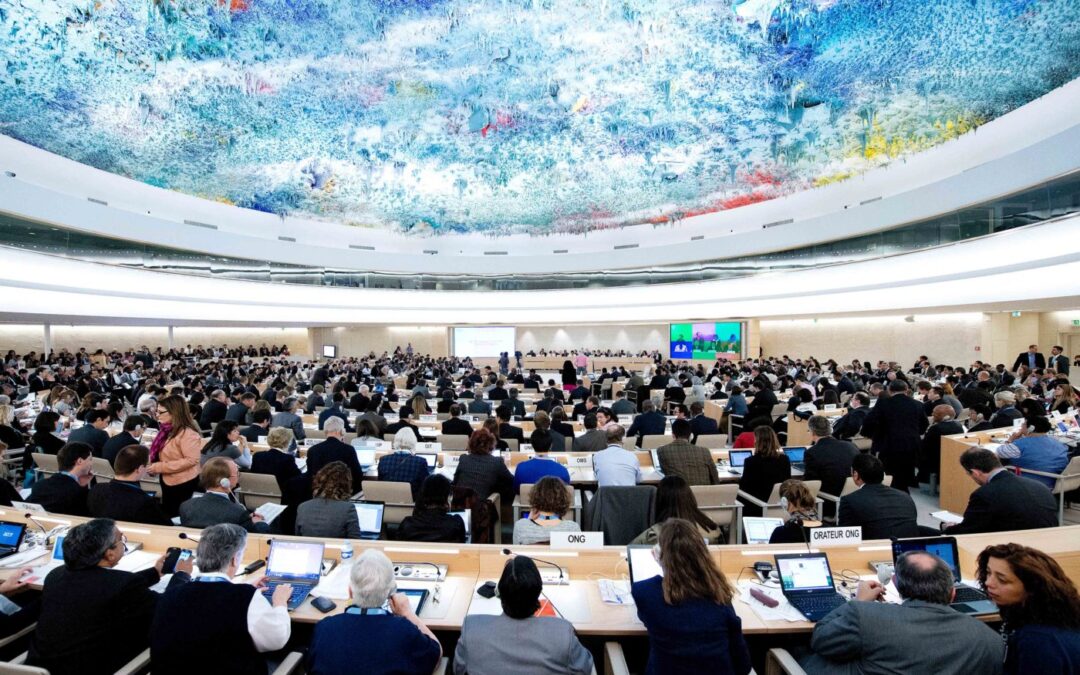
UN Human Rights Council faces growing strains, but makes progress on racial justice and law enforcement, and addresses the situation in Eritrea
As the UN Human Rights Council concludes its 56th session, the ICJ warns that political deadlock and waning commitment by States to long agreed human rights objectives continues to limit the Council’s effectiveness in fulfilling its mandate to protect and promote human rights around the world.




